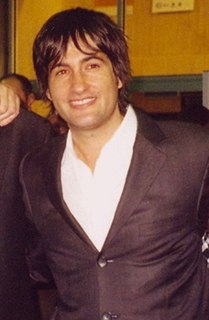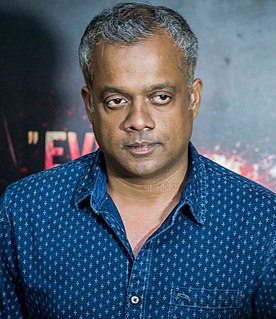A Quote by Steve James
Generally, I don't like publicity on docs in progress, much less ones that are only in development; I've always tried to stay under the radar in terms of any press, especially with regard to the subjects of the film. I don't want them to be thinking about the film or funding or what the public reaction is going to be.
Related Quotes
Doing a movie about Steve Jobs is just generally a provocative thing to do, whoever does it, and it begs a lot of questioning and skepticism only in that, what is this going to be? What am I going to be looking at? And curiosity as well. I think that's all positive in any film, because you want people to be curious about it.
Doing a movie about Steve Jobs is just generally a provocative thing to do, whoever does it, and it begs a lot of questioning and skepticism only in that, what is this going to be? What am I going to be looking at? And curiosity as well. I think thats all positive in any film, because you want people to be curious about it.
With comics, you don't have to worry so much about budgetary constraints. In film and television, however fanciful you want to be, someone can come up to you and go, 'Okay, this is going to cost X amount of dollars, and we only have so many days to film this.' With graphic novels, you can have that alien invasion you've always wanted to see.
We have a conservative government that only thinks in terms of efficiency. They are spending a lot of money on military expenses and less and less on culture. My position is that culture can actually be economically viable. When I make a film, the film costs $3 million. Now, in Quebec, it grossed $3.5 million, which is a small film. It's not a comedy. There are no stars in it. And, it still grosses $3.5 million. That's just in Quebec.
I've stopped going to see art films because every critic gives them four stars and say things like 'masterpiece,' 'spellbinding' and 'mesmerizing.' I mean, they're doing that with my film, but I don't want to use those blurbs. Critical reviews aren't worth too much anymore because just about every film can get one or two of them.





































